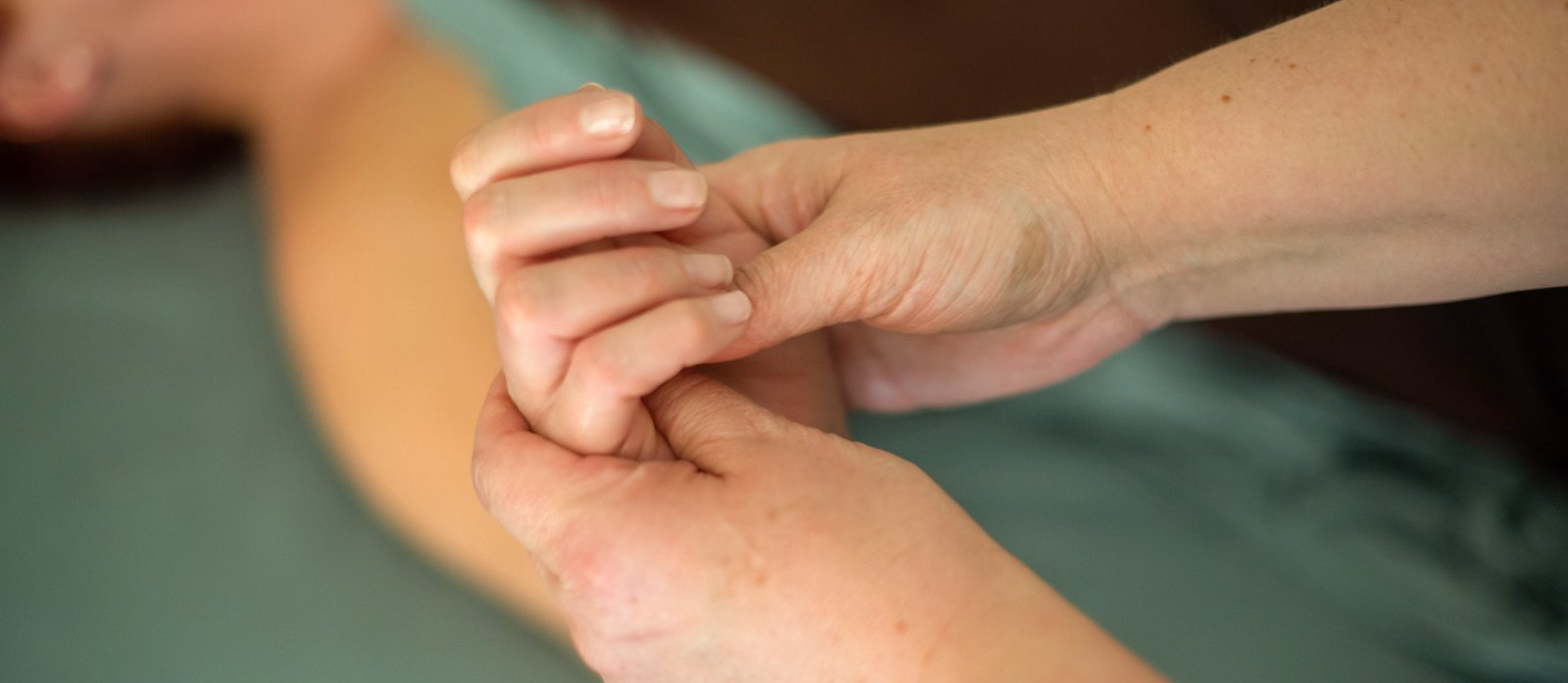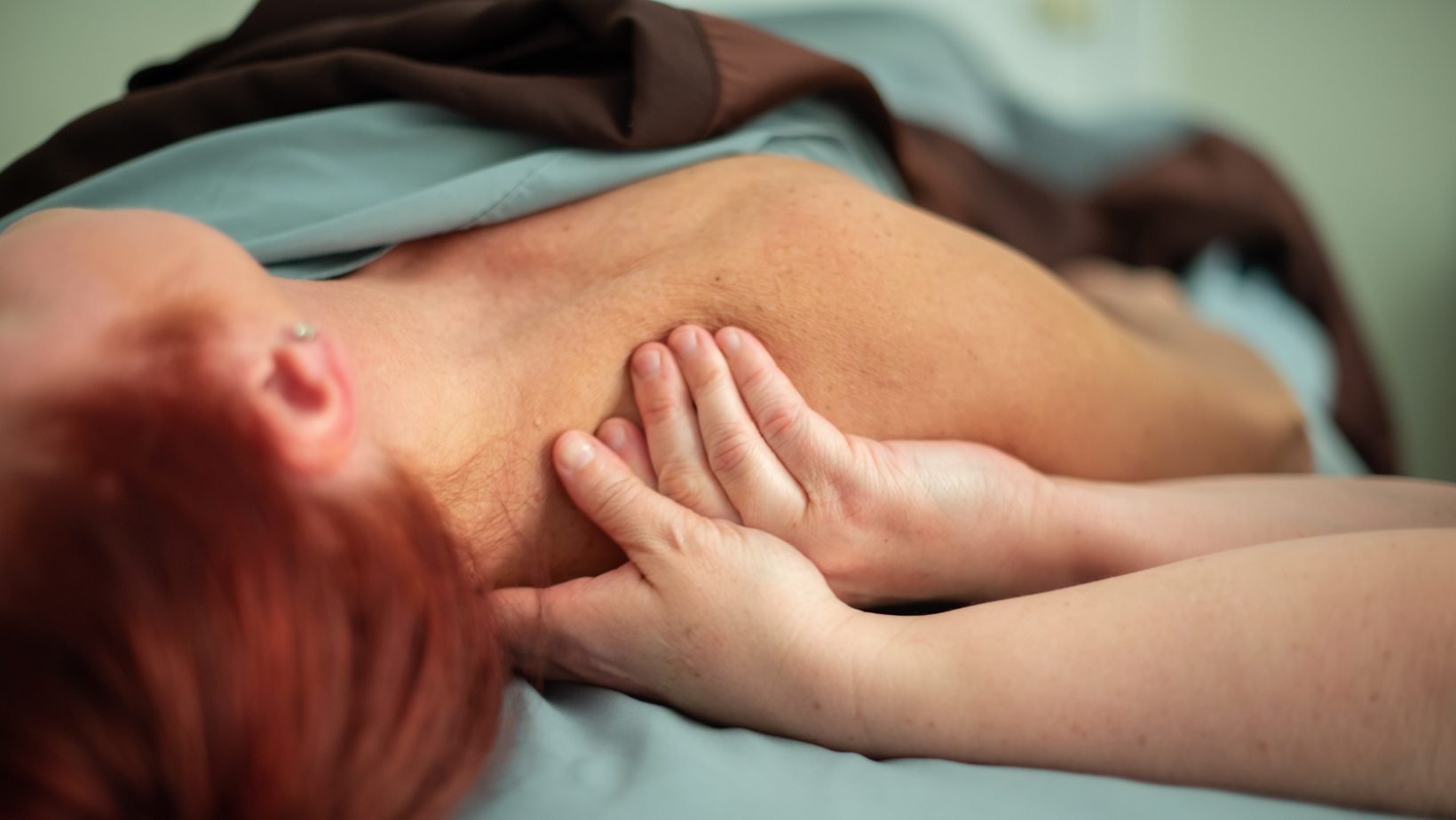TMJ Dysfunction
Have you ever had pain, stiffness, grinding, clicking, or locking of your jaw? These are most often clear signs of TMJ (temporomandibular joint) Dysfunction. This is a common condition, affecting over 10 million people! The severity of the condition varies greatly, with some people experiencing only mild symptoms on occasion, while others suffer a great deal daily. And if you notice your symptoms getting worse, now’s the time to start taking care of it. That grinding, clicking, pain, and locking are all signs that the joint isn’t moving and functioning properly, meaning damage is being done, and without intervention that damage may very well be irreparable.

What causes this kind of dysfunction? Most often, it’s due to clenching of the jaw and/or grinding of the teeth. Tightening the muscles around the jaw is a common reaction to stress. This can happen as our bodies try to recover from a busy day as we sleep, or throughout the day as we deal with even mild stressors.
Conventional care that most people talk about is usually limited to night guards, devices worn through the night to prevent grinding of the teeth. However, the problem with these is that they often don’t address the overall problem. A night guard protects the teeth so they don’t wear down so much over time, and/or helps to realign the jaw to prevent an abnormal position of the joint as you sleep. But none of this addresses the clenching, the tightening of the muscles in that area that are at the root of the problem.
One thing that may help...you guessed it, massage therapy. Studies have shown that massage therapy can help with the symptoms and pain associated with TMJ Dysfunction. The focus of this type of massage is on releasing the muscle tension and restrictions throughout the musculature of the jaw, face, neck, chest, and upper shoulders. That clenching of the jaw doesn’t just affect the TM joint, but rather the muscles controlling that area are positioned throughout the head, neck, and shoulders. It’s important to work them all to address the problem and prevent others. If you have any form of TMJ Dysfunction, you’ve probably felt the neck tension and headaches that can come along with it.
Because of the sensitive nature of this area and the intricacy of the structures, it’s important that you see a massage therapist who is qualified and knows their stuff. TMJ Dysfunction is common, but you don’t have to live with the pain.











